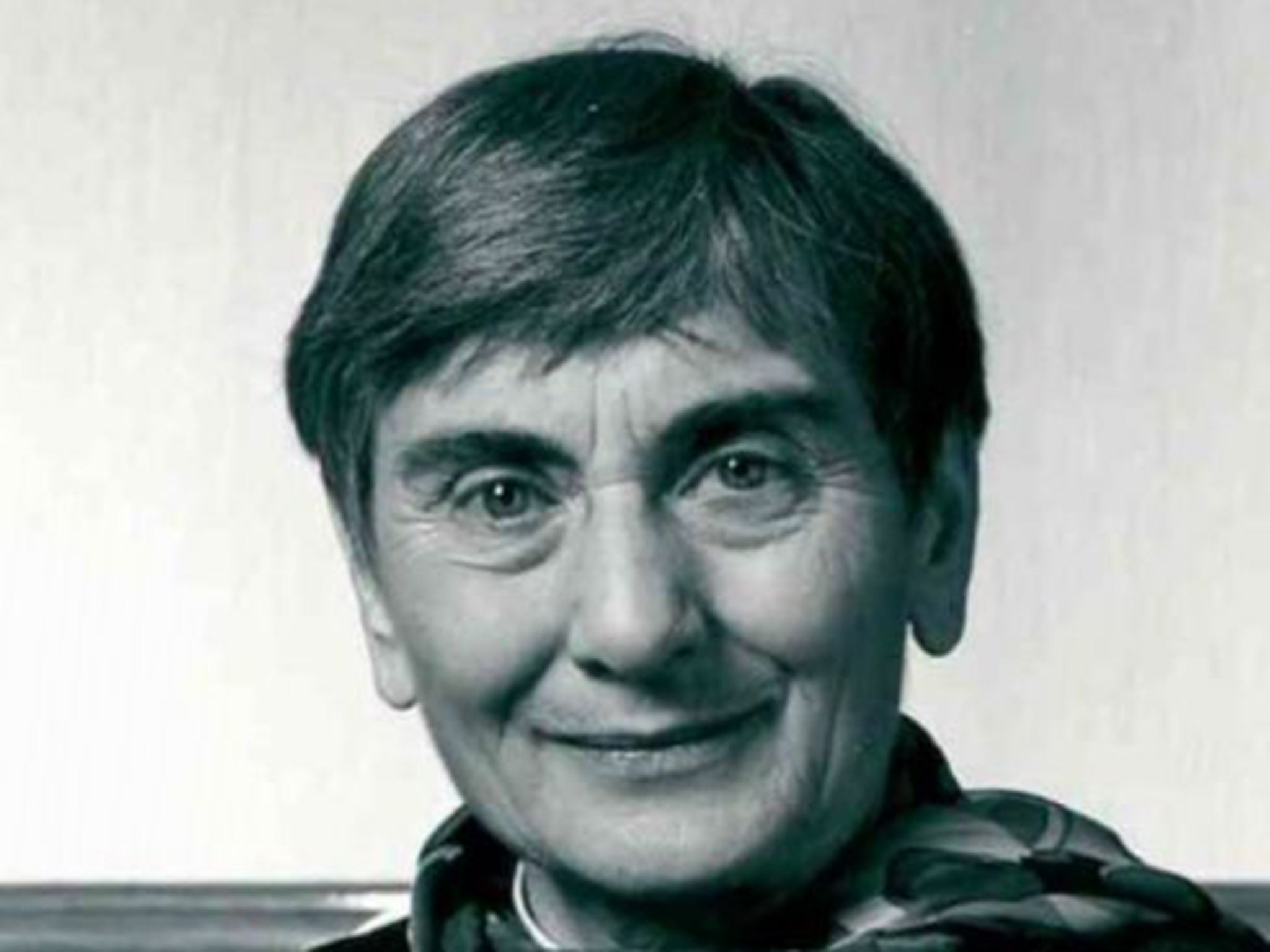Julia Jones: Television screenwriter who contributed scripts to ‘The Wednesday Play’ and ‘Play for Today’

In the male-dominated world of television drama in the 1960s and ’70s, Julia Jones quietly and assuredly told bewitching, humane stories of simple lives in crisis, always blessed with a warm, unsentimental maternalism. Comparisons are hard to resist between her and another standard-bearer of the single play who died within a few weeks of her, Colin Welland. Both were at their best writing simple, sincere and unpretentious domestic dramas set in the parlour or the pantry, and both preferred to place women centre stage.
Julia Marian Jones was born in West Derby, Liverpool in 1923. Her mother died when she was 10 and her father, a manager for a meat importing business, moved the family to Aintree. Her first job upon leaving school was as a wages clerk in the Dunlop rubber factory.
After the war, during which she had served in the Land Army, she trained as an actor at Rada, and toured with Joan Littlewood’s Theatre Workshop, before working with rep companies at Canterbury and back in Liverpool. She married a fellow actor, Edmond Bennett, and appeared with him on stage in Alun Owen’s Progress to the Park, but his career was sabotaged by skin cancer and the effects of primitive radiotherapy. The couple were already raising two children, so from then on Jones supported the family both by acting and by swiftly becoming a reliable adaptor of classic novels and a cherished author of sprightly plays.
She sold her first script, the much-loved but long-lost The Navigators, to the BBC in 1965. The tale of a romance between a librarian and a labourer was a major success of the first season of The Wednesday Play, and from then on Jones belonged as much to the strand, and its successor, Play for Today, as did those angrier writers whose works shouted louder and whose echoes have resounded longer in the public consciousness.
She gave up acting entirely in 1972. As a writer she was staggeringly prolific, charming but strong-willed. Speaking to me in 2003, she recalled that era with complete delight. “This was the most marvellous time to be a writer,” she said, “a time of wonderful producers who were so experienced in literature and theatre. British television was the best because of our enormous literary tradition.”
Take Three Girls (1969), a deservedly popular series featuring three young independent women sharing a London flat, was the brainchild of BBC’s Head of Plays, Gerald Savory: Jones’ contribution won her first prize in the drama section at the Prague Television Festival. She formed an occasional and fruitful partnership with another actor-writer, Donald Churchill, author of a happy run of inimitable mid-life crisis comedies. Churchill’s work was blessed with a cheerful tenderness that sweetened often rather cheeky premises; they created the 1974 comedy series Moody and Pegg, about the love-hate relationship between a couple reluctantly sharing a home.
Churchill himself inspired Jones’ play Still Waters (1972) when he amused her by recalling an unhappy family holiday; Jones’ gorgeous take on this, described by the Financial Times as “a warm and smiling hour”, was a masterclass in telling a story through mood and image, richly shot beside a waterfall in the Brecon Beacons. Back of Beyond (1975) was another mood-driven piece, featuring Rachel Roberts at the peak of her powers as a mysterious, reclusive woman living a secretive existence, who becomes an object of fascination for two children in the Welsh countryside.
The Piano was the story of an old lady who refuses to play along with her property-developing nephew’s plans to move her and her husband out of their home and into “a nice new bungalow” when she realises that her late father’s piano is too big for the new place. Jones had been inspired by the mass-destruction of pre-war housing, a phenomenon one journalist had described as “the erosion of people by progress”.
Many of her dramatisations were television events of their day, Our Mutual Friend in 1976 (with Churchill) being one example. The deliciously spooky Quiet As a Nun (1978), from Antonia Fraser’s novel, became the most famous of Thames’ Armchair Thriller series after Jones spotted the story’s great visual potential and recommended it; to this day it remains a cult classic and even, to her surprise and delight, made it to No 63 in Channel 4’s 100 Scariest Moments in 2003.
A whole generation grew up with her dramatisations of children’s books on the BBC; especially well-remembered are the eerie The Enchanted Castle (1979) and The Phoenix and the Carpet (1976), both from books by E Nesbit. When I asked her if she’d had a difficult battle as a woman in such a male-dominated world, she replied, “Personally I don’t recall any of that sort of thing. In fact I was always treated so beautifully by everyone, and I just had a wonderful, wonderful time”. She remarried in 2006, and when I last spoke to her, had just started writing a musical.
In 1971 she had said, “Twenty years ago, with Joan Littlewood, I was in the avant garde. Now I’ve got to be very careful I’m not old-fashioned.” But her style of storytelling will never be old-fashioned. For it is timeless.
SIMON FARQUHAR
Julia Marian Jones, actor and television writer: born West Derby, Liverpool 27 March 1923; married 1950 Edmond Bennett (died 1986; one daughter, one son); died Painswick, Gloucestershire 9 October 2015.
Join our commenting forum
Join thought-provoking conversations, follow other Independent readers and see their replies
Comments
Bookmark popover
Removed from bookmarks